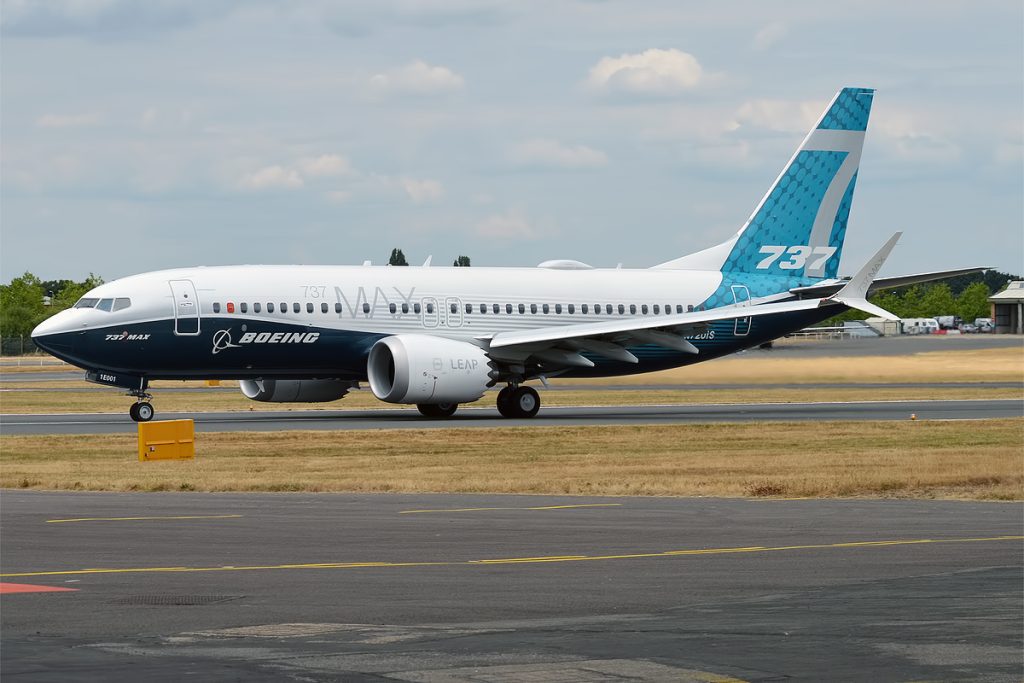Boeing has made a new offer to its machinist union in an attempt to end a strike that has been ongoing for almost seven weeks. The new offer includes a 38% general pay raise over four years, which is closer to the 40% increase that the machinists had originally sought. Additionally, the offer includes an increase in the ratification bonus and an increase in the 401(k) match to 100% for the first 8% of pay. If accepted, Boeing estimates that the average annual pay for a machinist would rise to $119,309, up from the previous contract’s average of $75,608. The union is expected to vote on the proposal soon and has encouraged its members to vote in favor to avoid a potentially worse offer in the future.
Boeing’s CEO, Kelly Ortberg, expressed his determination to find a solution with the union during a third-quarter earnings call. The strike has been costly for Boeing, with the company reporting a $6 billion loss for the quarter, its largest since the start of the pandemic in 2020. The strike has been estimated to cost Boeing roughly $1 billion per month by S&P Global. Ortberg emphasized the importance of reaching an agreement that works for both the company and its employees. Boeing’s chapter of the International Association of Machinists and Aerospace Workers also highlighted the importance of accepting the current offer as they believe they have reached the limit of what they can achieve through bargaining and striking.
The Skift Travel 200 (ST200) tracks the financial performance of nearly 200 travel companies worth over a trillion dollars, including companies within the airline sector. The ST200 includes a range of companies across global markets, such as network carriers, low-cost carriers, and other related companies. The index provides an overview of how airline sector stocks are performing year-to-date and can serve as a useful tool for assessing the overall health of the travel industry. By analyzing the performance of airline sector stocks within the ST200, investors and industry stakeholders can gain insights into the financial trends and outlook for the travel sector as a whole.
The ongoing strike at Boeing has had significant financial implications for the company, with the strike costing Boeing billions of dollars. In response, the company has made a new offer to its machinist union in an effort to bring an end to the strike. The offer includes a substantial pay raise, an increase in bonuses, and improvements to retirement benefits. Boeing’s CEO has expressed a commitment to finding a solution that meets the needs of both the company and its employees. The union has encouraged its members to vote in favor of the proposal to avoid the possibility of a worse offer in the future.
The impact of the strike and Boeing’s financial losses have underscored the importance of reaching a resolution swiftly. The strike has disrupted Boeing’s operations and has added to the challenges the company has faced since the start of the pandemic. By offering an improved deal to its machinist union, Boeing aims to address the concerns of its employees and prevent further financial losses. The outcome of the union vote will be crucial in determining the next steps for Boeing and the future of its relationship with its workforce. As the company works to navigate the challenges of the current economic climate, finding a resolution with the union will be essential for Boeing’s recovery and future success.


